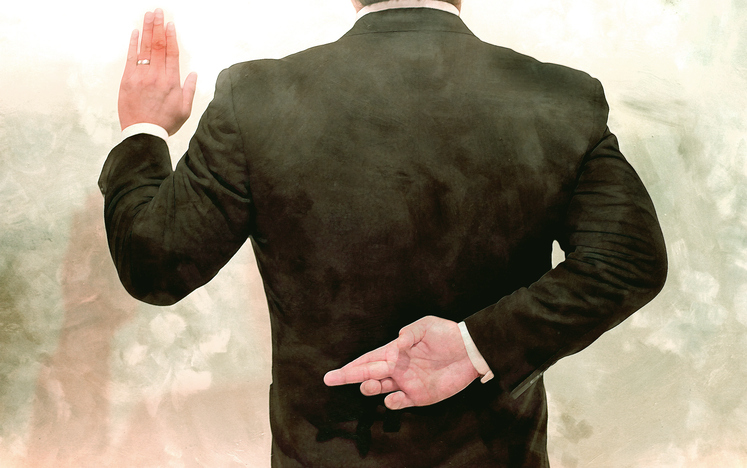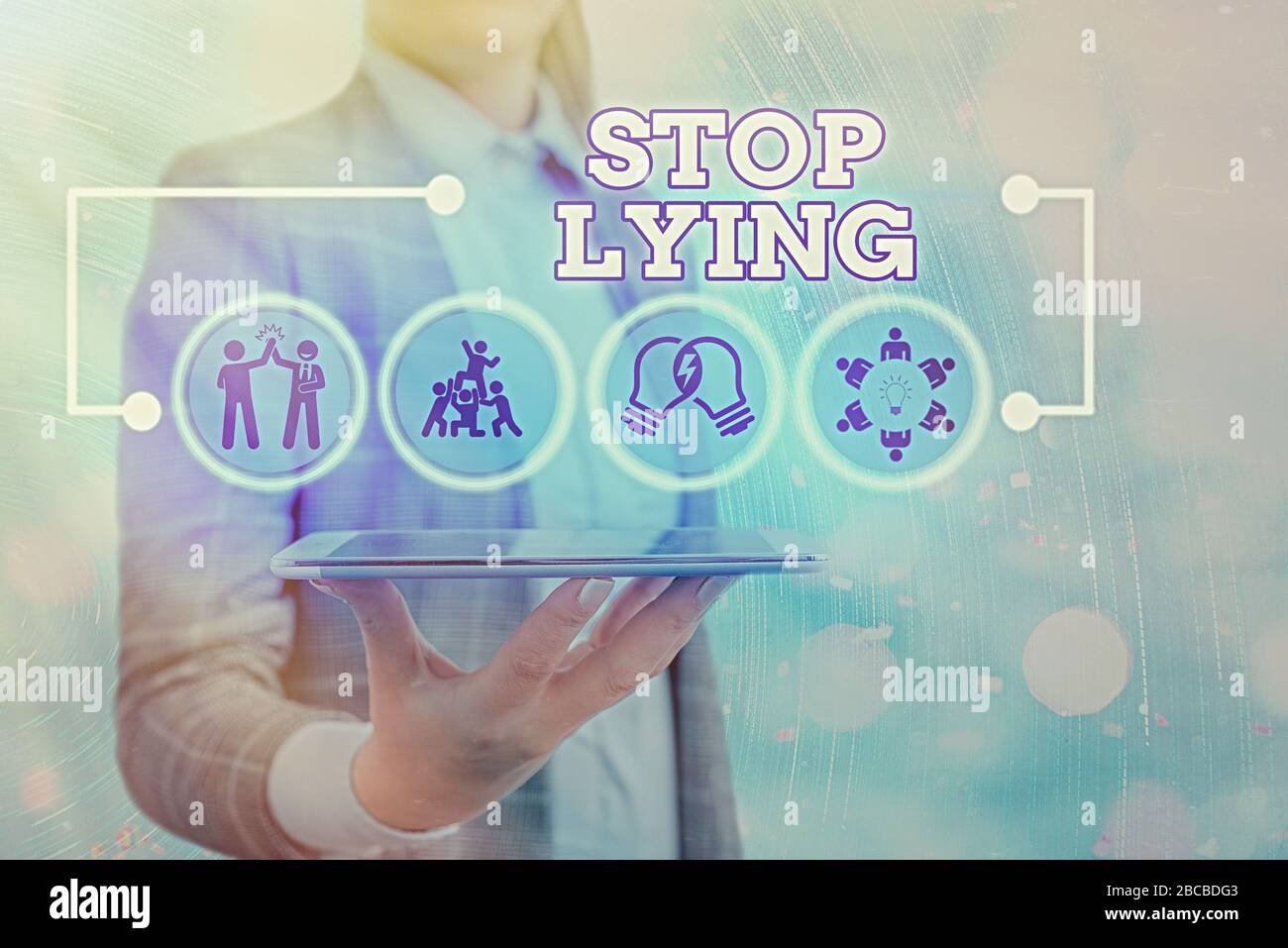

Different people knew her by different names, and her personality seemed tailored to her name at the time. She went by at least two completely different monikers, possibly three. She enjoyed and did all of the things she said she never had. Not long before she met me, she was a gregarious, social butterfly. All of these dumb, nonsensical stories she'd told me all lined up in a row in my mind, and I realized fully and completely that I was being conned. Honestly, I have no idea if she ever even saw these people, and if she did, I can only imagine what she told them about herself. She went to two psychologists, and wouldn't you know it, both diagnosed her with a mixed, confused soup of personality disorders, yet neither thought BPD was even a possible central player. Now she was cool and distant most of the time, and seemed VERY motivated to get that personality disorder diagnosis. Coincidentally, all of her endless crisises just kind of.stopped.


She would frequently bring the condition up just to talk about how she couldn't understand people that thought that way. Because of a close friend I knew, I broke the 1st rule of BPD Friend/Partner Club: "Never tell a suspected BPD person that they might have BPD." Mmhmm.Īfter that, she became obsessed with disproving BPD to me at every turn. To this day, I have absolutely no idea if that really was the last time.įollowing this fiasco, the poo hit the fan. But that was supposedly the very last time. Why did I still come back? I have no idea. It broke my heart, and I begged her to never do it again. Everything was terrible, but if I ever tried to give suggestions to help, she'd scold me for being too “pushy.” On top of it all, this drug-free woman was suddenly drinking alcohol. Suddenly, this person was jumping from crisis to crisis. It was literally part of her identity, aside from being a writer, and a lifelong, meek hermit.Ībout 8 months or so into the friendship, things got really weird. She wrote stories about it, happily referred to herself as a “crazy person,” “loony and proud,” and a bunch of other silly things. Of course, she wasn't actually diagnosed with it at the time, but she talked about it almost constantly, which as I understand now, directly contradicts how paranoia tends to work. She told me a few months in that she had Paranoid Personality Disorder. Additionally, she didn't like to talk much about her past because she said it triggered her "paranoia brain." I knew these stories were probably lies, but when I questioned a couple here or there, the apparent untruth was just a “misunderstanding.” She used the “wrong words,” and gosh, she was just so terrible and explaining things sometimes. A group of men dressed up in pirate costumes asked her to go on some sort of sexual adventure with them. She never liked going to parties, but went to a ton of concerts during college. She had over 100 friends, but was afraid of people. A bat once flew into her mother's hair because it thought her hair was a nest. Who would do that to somebody this cool? And that's when my Little Inner Rescuer came out. Instead, I was appalled by her misfortune. I wish I could have seen at the time that she really did make herself the victim of every environment she was a part of. Her roommates were terrible people, screaming and swearing and making her clean the house when she was too exhausted. Sometimes strangers at parties would feel up her leg, and she could only stand there in terror. She suffered near constant “paranoia.” Sometimes she experienced intense hallucinations where she thought she was walking on dead bodies. Life was cruel to this person, I learned. But after just a few days of talking, the tone took a tragic dip. She was bright, witty, intelligent, and seemingly well-put-together. She had me beta-reading her book as she wrote it, which I was happy to do. She seemed to take a fast liking to me, and almost overnight, we were friends. She didn't want to be called by her birth name as she said she was a very private person, so I called her by her writer penname. I wasn't the only person she spoke to, but I think I became her favorite.

She wanted to write a book about a PTSD condition, and I contacted her with some basic information about how day-to-day life works for people like me. This has to do with a very likely BPD person who was a very close friend, bordering on an emotionally romantic relationship.


 0 kommentar(er)
0 kommentar(er)
